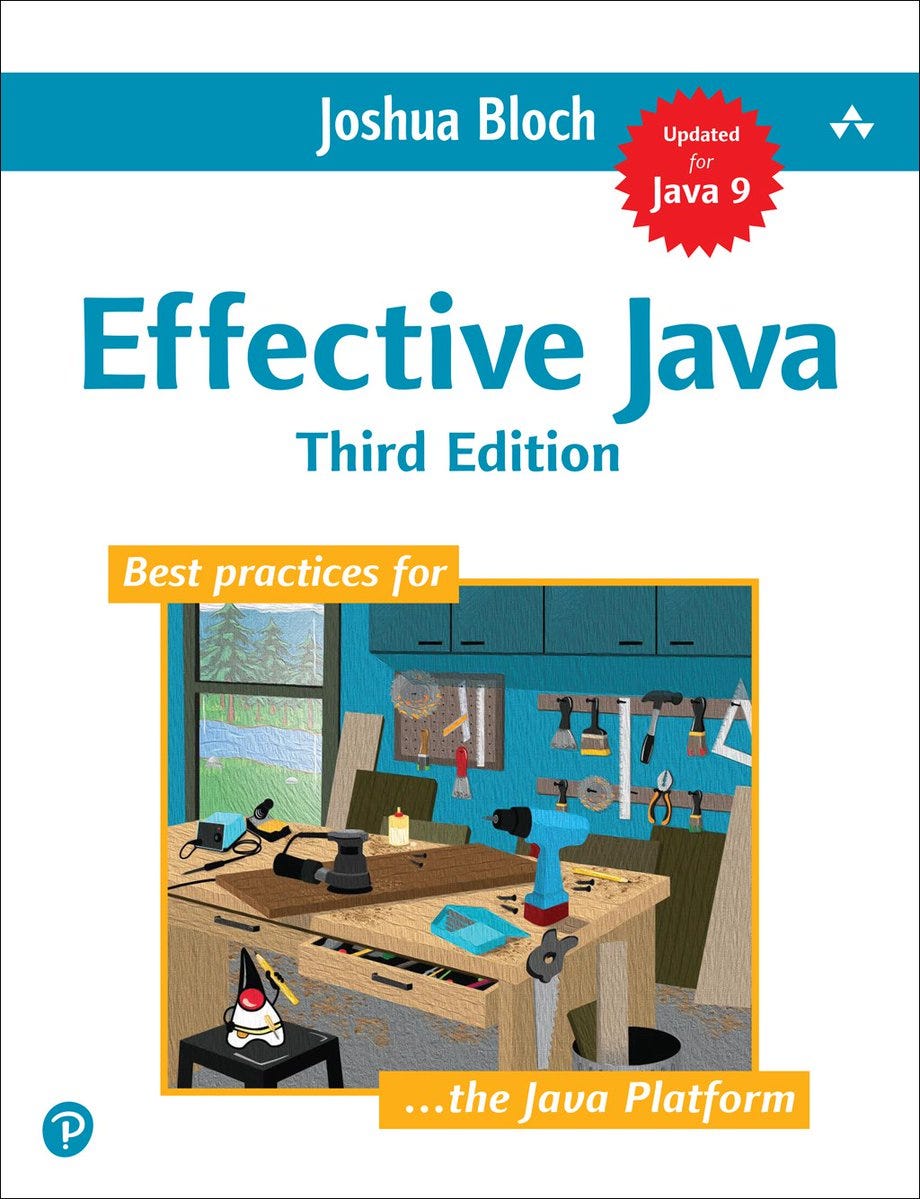Top 5 Java Books That Will Make You a Perfect Programmer
Introduction:
Becoming a proficient Java programmer requires continuous learning and practice. While online resources and tutorials are abundant, books remain a valuable source of in-depth knowledge and comprehensive guidance. In this blog post, we present a curated list of top Java books that can help you master the language, understand core concepts, and become a well-rounded Java programmer. Whether you're a beginner or an experienced developer looking to enhance your skills, these books are essential additions to your learning arsenal.
"Effective Java" by Joshua Bloch:
Considered a must-read for Java developers, this book offers practical insights and best practices for writing high-quality, efficient, and maintainable Java code. It covers a wide range of topics, including object creation, serialization, concurrency, and design patterns. Through detailed explanations and code examples, it teaches you how to leverage Java's features effectively and avoid common pitfalls.
"Head First Java" by Kathy Sierra and Bert Bates:
Designed for beginners, this book provides a gentle introduction to Java programming. It focuses on interactive and visually engaging content to help readers grasp fundamental concepts easily. With a mix of puzzles, quizzes, and real-world examples, it covers essential Java topics such as objects, classes, inheritance, and polymorphism. The book's unique approach makes it a fun and effective learning resource.
"Java: The Complete Reference" by Herbert Schildt:
As a comprehensive guide to Java, this book covers the language from beginner to advanced topics. It offers in-depth explanations of Java's core concepts, syntax, libraries, and APIs. From object-oriented programming to multithreading, networking, and GUI development, this book serves as a go-to reference for Java programmers. It provides ample code examples and exercises to reinforce your understanding.
"Clean Code: A Handbook of Agile Software Craftsmanship" by Robert C. Martin:
While not specifically focused on Java, this book is highly relevant for any programmer aiming to write clean and maintainable code. It emphasizes the importance of code readability, simplicity, and proper design. It covers topics such as naming conventions, code organization, error handling, and testing. By following the principles and practices outlined in this book, you can elevate your Java programming skills and produce high-quality code.
"Java Concurrency in Practice" by Brian Goetz et al.:
For those interested in concurrent programming in Java, this book provides invaluable insights and guidance. It covers the complexities of writing thread-safe code, dealing with race conditions, synchronization, and parallel programming. With practical examples and real-world scenarios, it equips you with the knowledge to develop robust and efficient multithreaded applications.
Conclusion:
The journey to becoming a perfect Java programmer involves continuous learning, practice, and exploration. These top Java books, ranging from effective coding practices to comprehensive references and specialized topics like concurrency, provide a solid foundation for honing your skills. Remember to actively engage with the content, practice writing code, and apply the principles and techniques learned. By leveraging the knowledge gained from these books, you can elevate your Java programming skills and become a proficient and well-rounded Java programmer.



.jpg)


Comments
Post a Comment